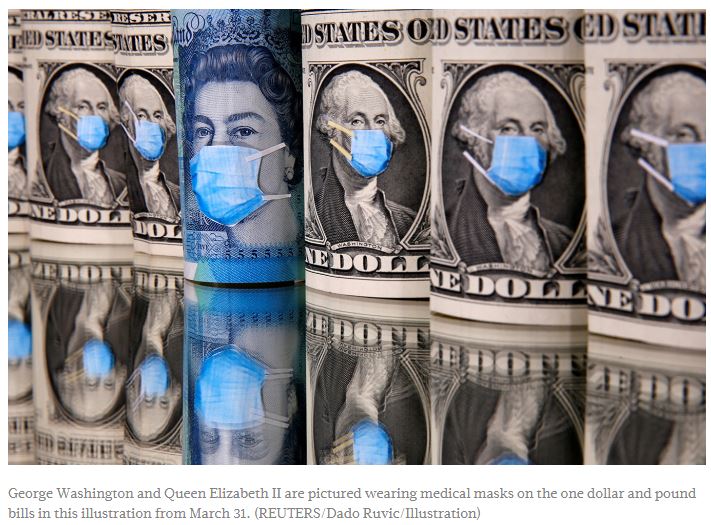Indonesia: Pandemic presents opportunity for reform to attract investment: HSBC
The Indonesian government should use the COVID-19 pandemic as an opportunity to accelerate economic reforms to attract more investment after the health crisis recedes, an economist with multinational investment bank and financial services holding company HSBC has said.
Joseph Incalcaterra, the chief economist for ASEAN at HSBC, said on Wednesday that the current uncertainty of the global economy made reform even more important, particularly for attracting foreign direct investment (FDI).
Due to the COVID-19 pandemic, companies will be more risk averse in their investment decisions and will want to see a reform and political trajectory that can accommodate their investments, Incalcaterra said.
“So I think that the COVID-19 pandemic is actually a very good opportunity for the country to really accelerate reforms to show that it is serious about attracting FDI next year,” he said in a virtual discussion on Wednesday.
Indonesia recorded a decline in FDI realization for two consecutive quarters this year, as the pandemic battered both the national and global economies.
FDI fell 6.9 percent year-on-year (yoy) to Rp 97.6 trillion (US$6.55 billion) in the April–June period, continuing the downward trend recorded in the first three months of the year, when FDI fell 9.2 percent yoy, Investment Coordinating Board (BKPM) data show.
However, this is still better than global FDI, which is forecast to contract 40 percent yoy on average this year, according to Incalcaterra.
To bring about reform, the Jokowi administration is currently pushing for the passing of the job creation omnibus bill, which will revise 79 laws and more than 1,200 articles that are deemed obstructive to investment.
The government expects the House of Representatives to pass the omnibus bill in October, despite backlash from labor unions, observers and NGOs that argue it will jeopardize labor rights and weaken environmental protections, among other issues.
Coordinating Economic Minister Airlangga Hartarto said the government was also preparing a priority investment list for industries that were export-oriented, produced import substitutes, were labor-intensive or had a high-tech and digital basis. These priority industries will receive tax incentives, among other incentives.
The government is also developing major infrastructure projects like the Trans Java toll road to improve connectivity and logistics in the hopes of attracting investment to industrial parks in the north of Java.
“With this economic corridor in the northern part of Java, we hope to encourage its utilization by industries so it can be a driver of economic growth,” said the minister.
The government is also developing the Batang Integrated Industrial Park, which will be dedicated to industrial development and manufacturing. The park will sit on 4,368 hectares of land owned by state-owned plantation holding company PT Perkebunan Nusantara (PTPN) IX in Gringsing district, Batang regency.
Phase one of the development is expected to cover 450 ha.
BKPM head Bahlil Lahadalia said three companies had committed to developing glass, automobile and battery factories in the Batang Industrial Park with a total combined area of 140 ha.
“Some of them will launch [their projects] at the end of the year,” said Bahlil. “This is what will make investment in Indonesia improve.”
Bahlil has said he did not expect the omnibus bill to bring about significant changes to investment this year even if the House passed it in October.
The BKPM has set this year’s investment realization target at Rp 817.2 trillion. As of the second quarter, the agency reported that investment realization had reached 49.3 percent of the target.
Source: https://www.thejakartapost.com/news/2020/09/17/pandemic-presents-opportunity-for-reform-to-attract-investment-hsbc.html


 English
English




